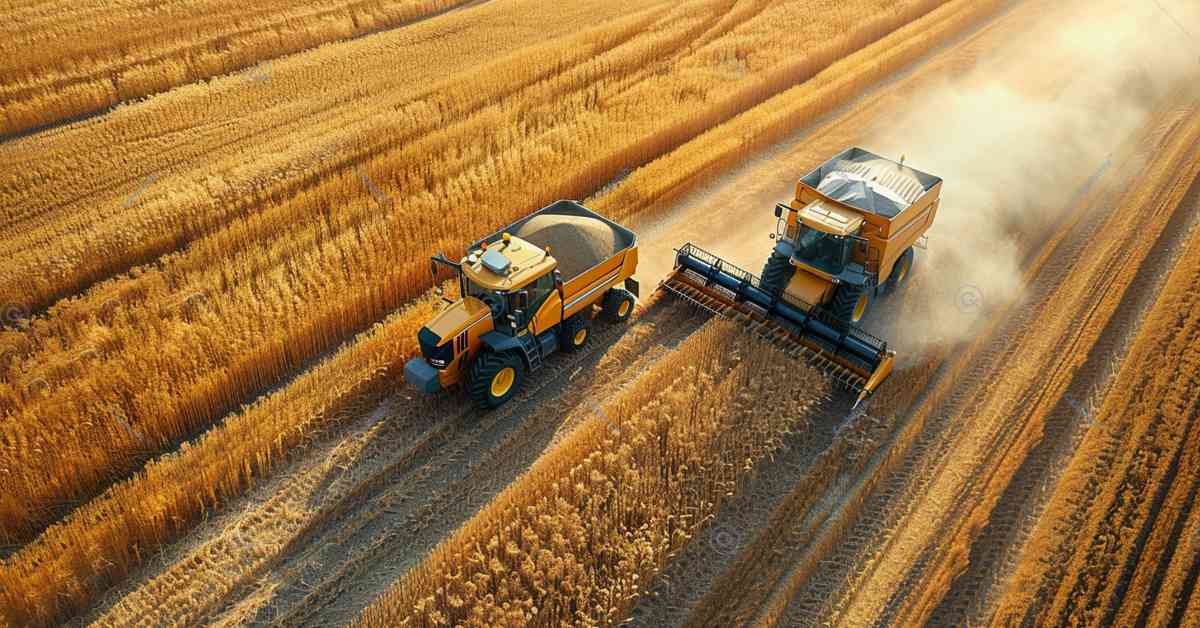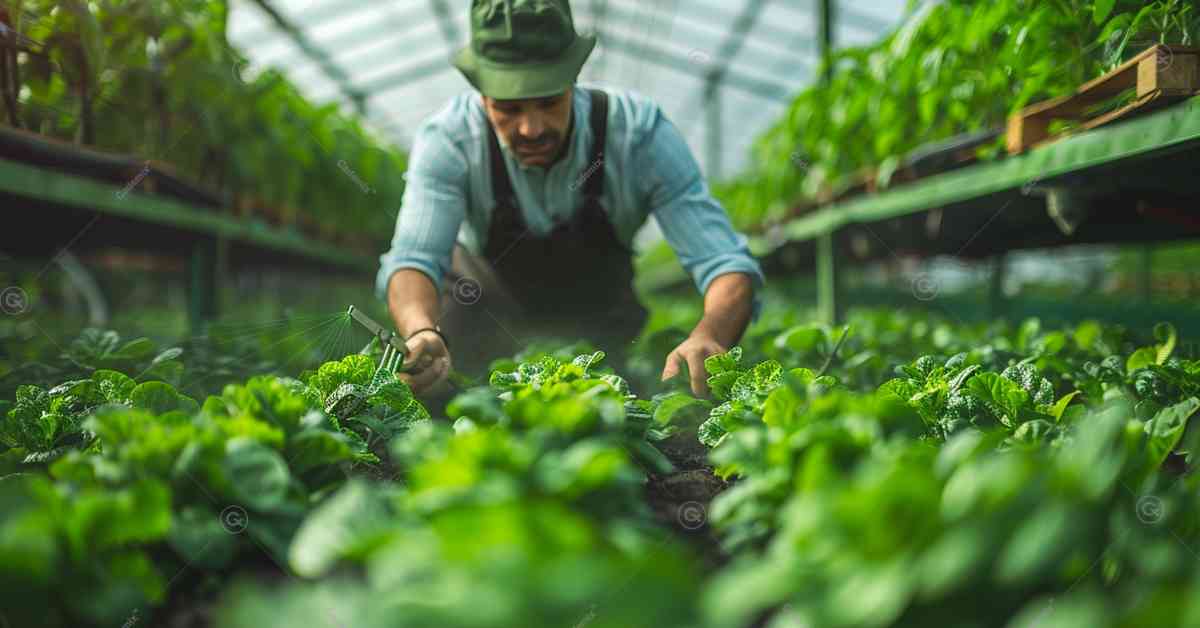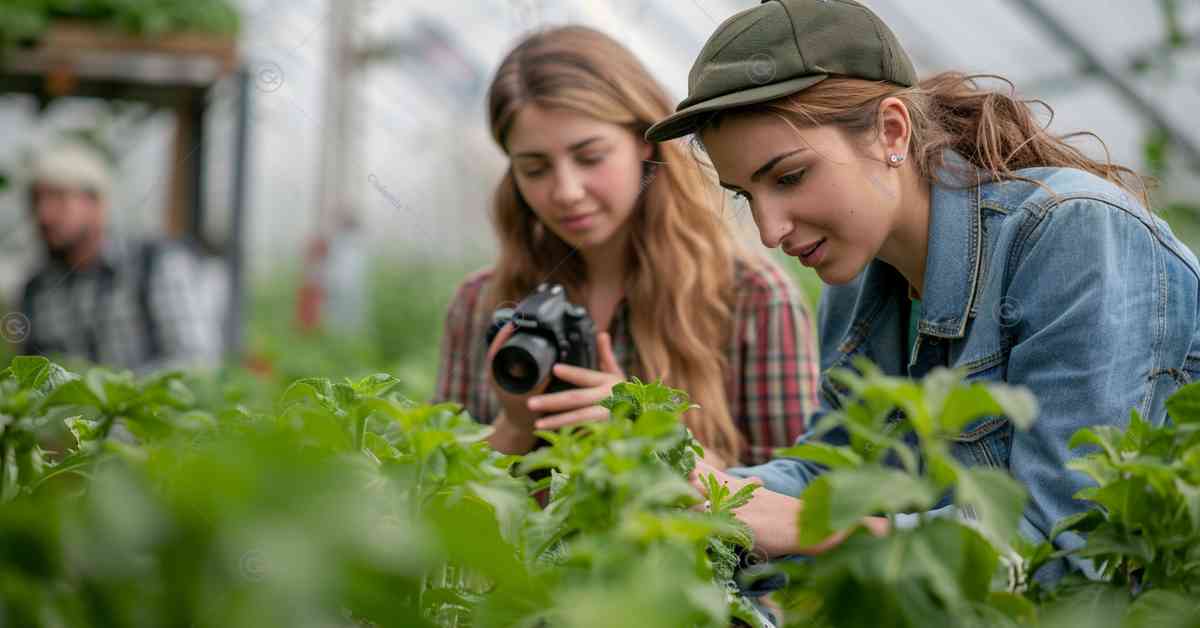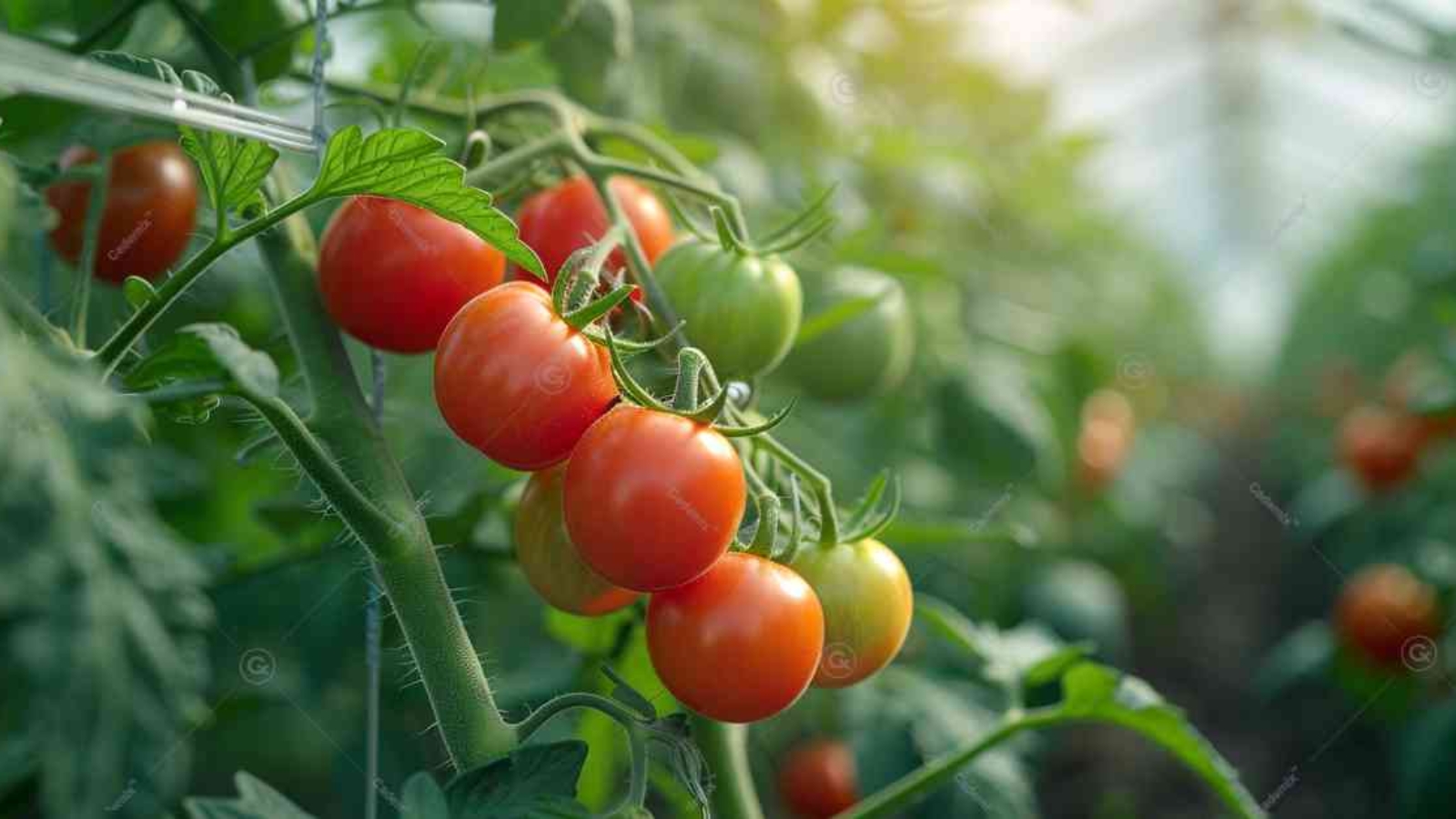Abstract
The Food and Agriculture Organization (FAO) of the United Nations plays a crucial role in promoting global food security, sustainable agriculture, and rural development. This comprehensive article explores the history, objectives, key initiatives, and impact of the FAO on global agriculture. By highlighting its contributions to policy development, technical assistance, and research, this guide provides valuable insights for researchers, policymakers, and practitioners involved in the agricultural sector.
Keywords: Food and Agriculture Organization, FAO, global food security, sustainable agriculture, rural development, agricultural policy
Introduction
The Food and Agriculture Organization (FAO) is a specialized agency of the United Nations that leads international efforts to defeat hunger and improve nutrition and food security. Established in 1945, the FAO works with governments, international organizations, and other stakeholders to promote sustainable agricultural practices, enhance food production, and improve the livelihoods of rural communities. This article provides an in-depth look at the FAO’s roles, key initiatives, and its impact on global agriculture.
History and Objectives of the FAO – Food and Agriculture Organization
Historical Background on Food and Agriculture Organization
The FAO, Food and Agriculture Organization, was founded on October 16, 1945, in Quebec City, Canada, in response to the urgent need to address global hunger and food security issues following World War II. The organization’s establishment marked a significant step toward international cooperation in agriculture and food production. Since its inception, the FAO has grown to include 194 member countries, two associate members, and one member organization, the European Union.

Core Objectives
The FAO’s mission is centered around three main objectives:
- Eradicate Hunger, Food Insecurity, and Malnutrition: The FAO aims to ensure that people have regular access to enough high-quality food to lead active, healthy lives.
- Eliminate Poverty and Promote Economic and Social Progress: The organization works to enhance the productivity and livelihoods of small-scale farmers, fishers, and forest-dependent communities.
- Sustainable Management and Utilization of Natural Resources: The FAO promotes the conservation and sustainable use of natural resources, including land, water, and genetic resources, to ensure their availability for future generations.
Key Initiatives and Programs
Food Security and Nutrition
The Zero Hunger Challenge
Launched by the United Nations in 2012, the Zero Hunger Challenge aims to eliminate hunger and malnutrition by 2030. The FAO supports this initiative through various programs that address food availability, access, utilization, and stability.
- School Feeding Programs: The FAO, Food and Agriculture Organization collaborates with governments to implement school feeding programs that provide nutritious meals to children, improving their health and educational outcomes.
- Nutrition Education: The organization promotes nutrition education initiatives to raise awareness about healthy diets and improve dietary practices among vulnerable populations.
Sustainable Agriculture and Rural Development
The Sustainable Development Goals (SDGs)
The FAO plays a pivotal role in advancing the United Nations’ Sustainable Development Goals (SDGs), particularly SDG 2 (Zero Hunger) and SDG 12 (Responsible Consumption and Production).
- Agroecology: The FAO promotes agroecological practices that enhance biodiversity, improve soil health, and increase resilience to climate change.
- Climate-Smart Agriculture: The organization supports the adoption of climate-smart agricultural practices that increase productivity, enhance resilience, and reduce greenhouse gas emissions.
The Globally Important Agricultural Heritage Systems (GIAHS)
The GIAHS initiative recognizes and safeguards traditional agricultural systems and practices that are sustainable and resilient. These systems embody the diversity of agricultural heritage and contribute to food security and biodiversity conservation.
- Terraced Farming in the Philippines: The FAO has recognized the rice terraces of the Philippine Cordilleras as a GIAHS site, promoting their conservation and sustainable use.
- Andean Agriculture in Peru: The FAO, Food and Agriculture Organization supports the preservation of traditional Andean agricultural practices, which are crucial for maintaining biodiversity and cultural heritage.
Policy Development and Advocacy
The Committee on World Food Security (CFS)
The CFS is an intergovernmental platform that provides policy recommendations and guidance on food security and nutrition. The FAO serves as the secretariat for the CFS, facilitating dialogue and collaboration among member countries, civil society, and the private sector.
- Voluntary Guidelines on the Right to Food: The FAO has developed guidelines that provide practical recommendations for implementing the right to food at national and local levels.
- Global Strategic Framework for Food Security and Nutrition: The FAO supports the CFS in developing a comprehensive framework that guides global efforts to achieve food security and nutrition.
Research and Technical Assistance
Agricultural Research and Development
The FAO conducts research and provides technical assistance to member countries to enhance agricultural productivity, sustainability, and resilience. This includes the development of improved crop varieties, pest management strategies, and sustainable farming practices.
- International Plant Protection Convention (IPPC): The FAO administers the IPPC, which sets international standards for plant health to prevent the spread of pests and diseases.
- Global Soil Partnership (GSP): The FAO leads the GSP, which promotes sustainable soil management and the conservation of soil resources.
Capacity Building and Training
The FAO provides capacity building and training programs to strengthen the technical and institutional capacities of member countries. These programs focus on various aspects of agriculture, including crop production, livestock management, fisheries, and forestry.
- Farmer Field Schools: The FAO, Food and Agriculture Organization supports the establishment of farmer field schools that provide hands-on training and experiential learning to farmers.
- Technical Cooperation Program (TCP): The TCP offers technical assistance and support to member countries to address specific agricultural challenges and promote sustainable development.

Impact of the FAO on Global Agriculture
Enhancing Food Security
The FAO’s initiatives have significantly contributed to enhancing global food security. Through its various programs and projects, the organization has improved access to nutritious food, reduced malnutrition, and increased agricultural productivity in many countries.
- Emergency Food Assistance: The FAO, Food and Agriculture Organization provides emergency food assistance to countries affected by natural disasters, conflicts, and other crises, helping to ensure food security and resilience.
- Food Security Information Systems: The organization supports the development of food security information systems that monitor food availability, access, and utilization, enabling timely interventions and policy responses.
Promoting Sustainable Agriculture
The FAO’s efforts to promote sustainable agriculture have led to the adoption of environmentally friendly practices, improved resource management, and enhanced resilience to climate change. By supporting sustainable farming methods, the FAO helps to protect natural resources and ensure their availability for future generations.
- Sustainable Fisheries and Aquaculture: The FAO promotes sustainable fisheries and aquaculture practices that conserve marine and freshwater ecosystems and ensure the long-term viability of fish stocks.
- Forest Conservation: The organization supports the sustainable management of forests, promoting reforestation, biodiversity conservation, and the livelihoods of forest-dependent communities.
Supporting Rural Development from FAO – Food and Agriculture Organization
The FAO’s initiatives have also played a vital role in supporting rural development and improving the livelihoods of smallholder farmers, fishers, and rural communities. By providing technical assistance, capacity building, and policy support, the FAO helps to enhance rural economies and reduce poverty.
- Rural Infrastructure Development: The FAO supports the development of rural infrastructure, including roads, irrigation systems, and storage facilities, to improve market access and agricultural productivity.
- Women’s Empowerment: The organization promotes gender equality and women’s empowerment in agriculture, recognizing the critical role that women play in food production and rural development.

Conclusion
The Food and Agriculture Organization (FAO) is a key player in the global effort to achieve food security, promote sustainable agriculture, and support rural development. Through its diverse initiatives and programs, the FAO addresses the complex challenges facing the agricultural sector and contributes to the well-being of millions of people worldwide. By fostering international cooperation, providing technical assistance, and advocating for effective policies, the FAO continues to make significant strides toward a more sustainable and food-secure world. Researchers, policymakers, and practitioners can draw valuable insights from the FAO’s work to inform their efforts in promoting sustainable agricultural development.

